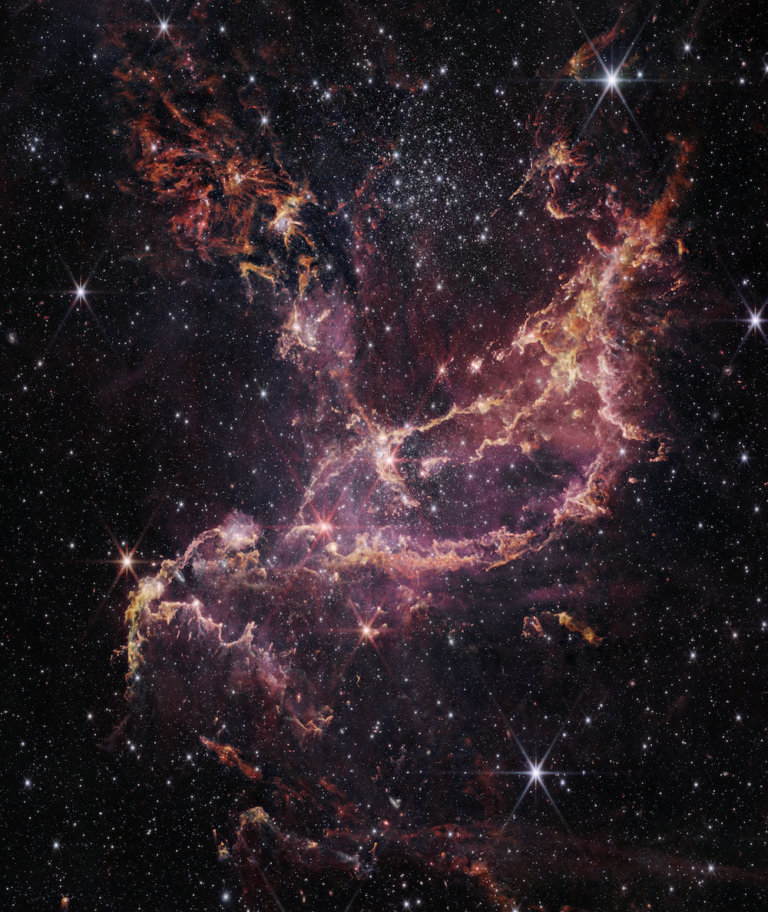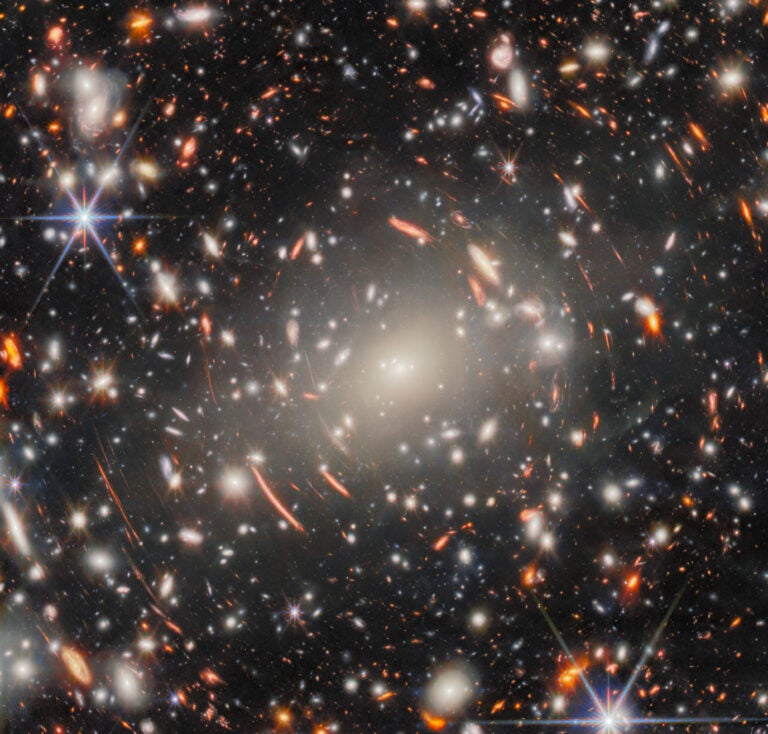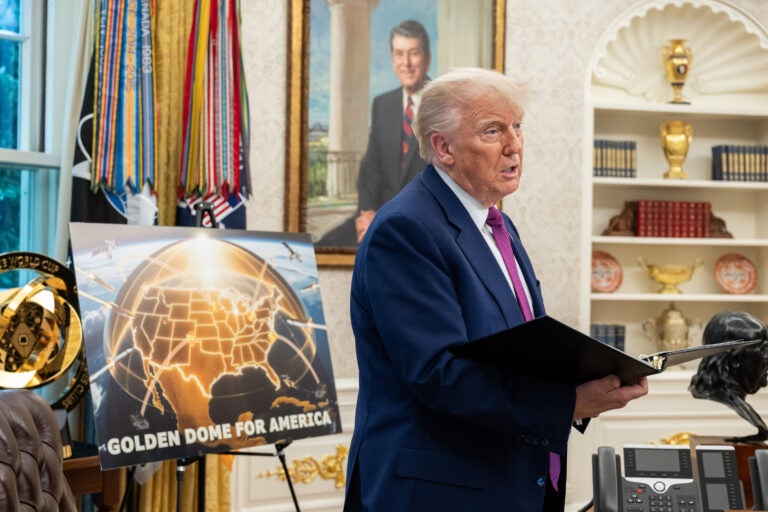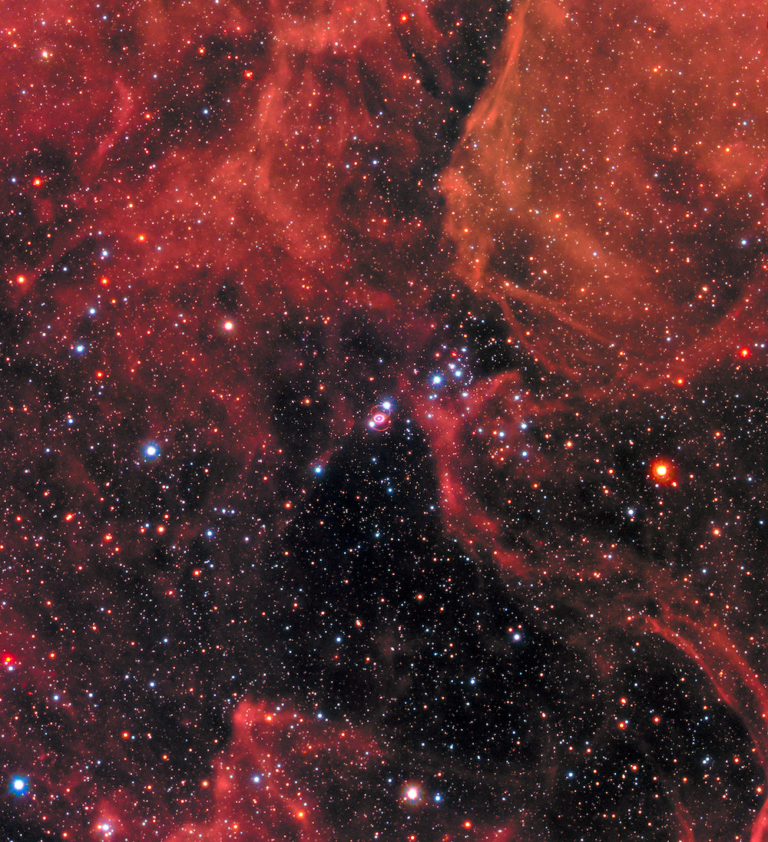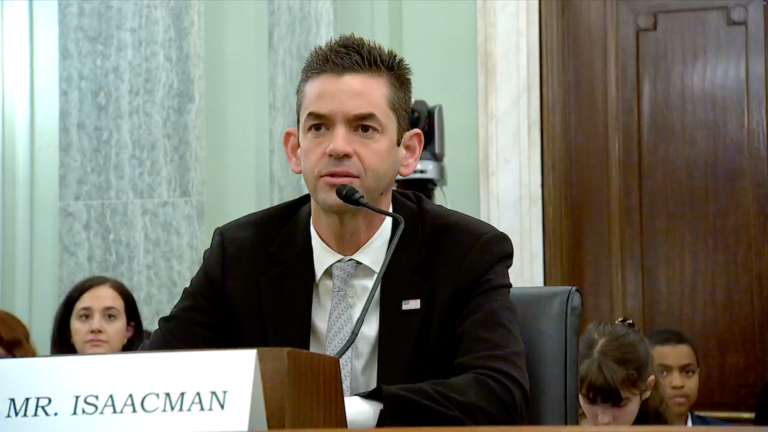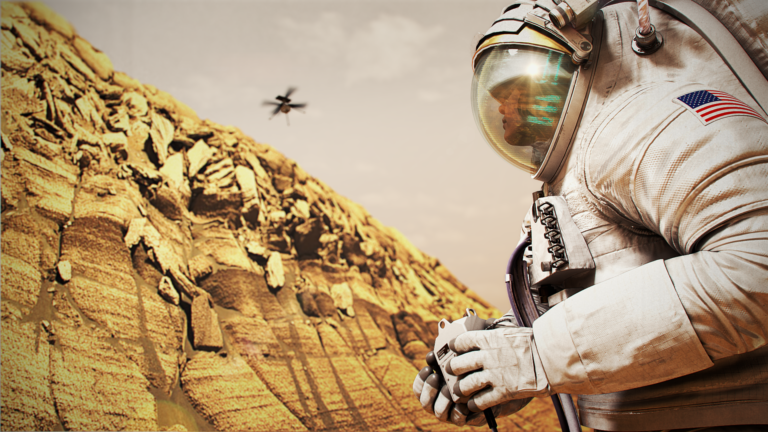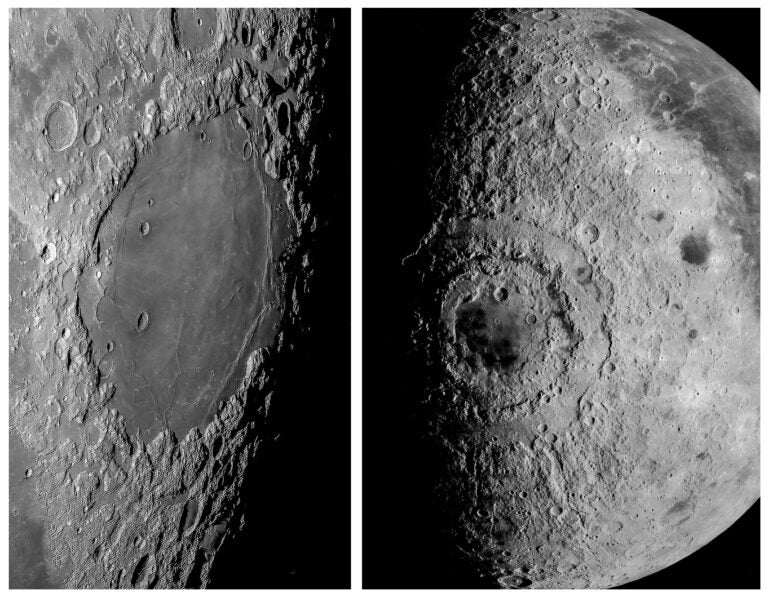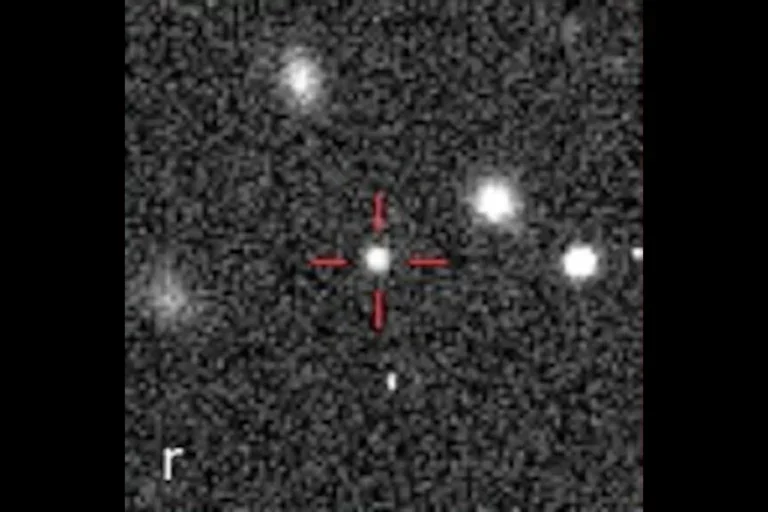As we all know, however, the simple joy of gazing at Orion and his friends, or learning the ancient patterns and the modern knowledge, is often a mere first step. It was more than enough for me, at first. When I received a 60mm refractor as a 13th-birthday present, I couldn’t imagine wanting anything else, ever.
Later, college courses failed to destroy astronomy’s wonder, despite the best efforts of some of my professors. But they also introduced me to large telescopes and fabulous equipment like spectrographs. This stuff wasn’t cheap.
So what’s your experience, my friend? Does your astronomy pleasure increase in proportion to the money you spend? We all know an 8-inch reflector outperforms a 60mm refractor. If you want an instrument that tracks the target, has a bright 50mm finder scope and high-quality eyepieces, and sits on a sturdy mount, well, you can’t buy that with food stamps.
Say you splurge. Do you then get the boat owners’ affliction of forever wanting something bigger? Because it’s 5 times more expensive, does a 16-inch telescope deliver 5 times the thrill of an 8-incher? Here’s where we turn to what I call the Cosmic Thrill Index, the CTI, which says that the best bargains are at the low end.
Binoculars, for example. I have four. Although I’m most in love with my pricey Canon image-stabilized one, I recently bought a friend binoculars for less than $30 — the Celestron UpClose 8×40 Porro. With high contrast, sharp optics, and a 5mm exit pupil, it magically transforms the Pleiades while setting you back no more than a decent dinner. You could panhandle its cost. Hold up a sign, “Help me view M45,” and puzzled passersby would probably plunk that much in your cup in a few hours. You’d have lots of company. Broke astronomers are everywhere. Even professionals who teach at 2-year colleges often live in the raccoon economic bracket. Dobsonian telescope mount inventor John Dobson liked to boast of his poverty.
At the other end of the spectrum, consider a solar eclipse tour. The Moon’s shadow generally prefers to land as far from your hometown as possible, and this year it’s Australia. Figure, with airfare, a few thousand bucks for a 2-minute totality. That’s $25 a second. Such a cost even exceeds talking to departed loved ones via a fake psychic telepath. Is this worth it? (Everyone who has seen a solar totality says, “Without a doubt!”)
pleasure increase in
proportion to the
money you spend?
Is it worth a billion bucks to obtain asteroid rocks weighing less than a Big Mac? Especially when the Apollo guys hand-delivered Moon chunks for just $28,000 a pound? Detractors point out, “Asteroids already arrive here on their own. Virtually every meteorite is part of an asteroid. We locate some of these falls within a few days. Isn’t that fresh enough? Why spend a billion dollars?”
The project’s defenders insist on getting virgin asteroid stuff. In case you’re still not convinced, the NASA website includes its usual “Solve Big Mysteries” spin: “OSIRIS-REx will help [explain] how life began on Earth.” That would be worth a billion. But can it really do that?
Maybe. A little. Asteroids might indeed have seeded Earth with carbon molecules or even amino acids. But we still have to figure out how those asteroid compounds, once here, turned into trilobites and squawking parrots. In truth, this mission won’t provide the slightest clue how chemical elements can ever produce conscious awareness.
Rats are far more mysterious than galaxies. OSIRIS-REx won’t even scratch the surface in the “explain life” marathon, and in that sense is probably money down the drain. Yet despite the hype, I’m still glad they green-lighted it. It’s just too cool to chip off an asteroid and parachute the pieces down in Utah.
A half-century ago, the bargain-priced Hale Telescope showed that the Andromeda Galaxy is 3 times farther away than previously thought. The universe suddenly tripled in size. Astronomers cheered this revelation, but many laypeople shrugged. “How does this personally benefit us?” they asked.
Their point was valid. Deep-space knowledge doesn’t make us richer or healthier. It’s solely food for the inquiring mind. It feeds the soul — the noblest kind of quest. But such debates show why “Is this worth the money?” will remain a recurrent question even to the farthest corners of the cosmos. There’s rarely a clear answer.
Contact me about my strange universe by visiting http://skymanbob.com.


